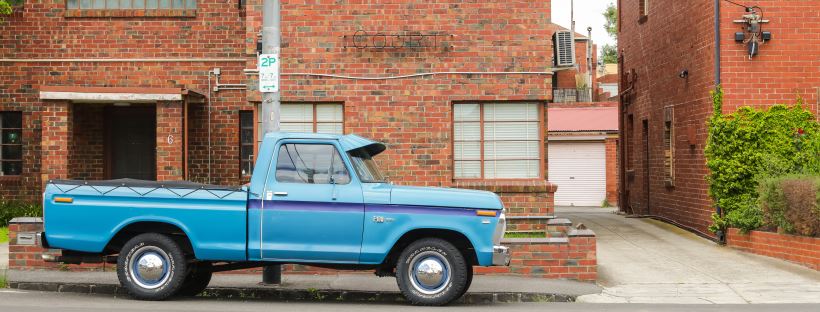Home and Auto Loans: Secured Means It’s Not Yours Yet!

Dreaming about buying a home or a car? These are large purchases compared to things you buy with your credit card and require a little more time and preparation (we hope) to ensure you’re ready to dive in.
Buying bigger, more expensive things requires longer term loans, for larger amounts.
You may start the process by prequalifying with your bank or another financial institutions to see how much they will lend you and at what rate. This will give you a baseline of what you can afford when shopping for your home or car. When you’re ready to buy, you start the application process and it’s going to be more complicated than the credit card you can pick up at checkout when you’re buying clothes. These applications take into account your employment history, debt-to-income ratio, the amount of down payment you have saved, a review of your credit report, and maybe more.
Due to the size of these loans, mortgage and auto loans are secured debt. That means the asset you purchase becomes collateral that backs up the loan and the lender can seize the asset if you become delinquent on the payments.
Secured debt is usually in the form of installment loans with a start and end date (60 months, 30 years, etc), the interest rates can be fixed or variable, and usually have much lower rates than unsecured debt. Bigger loans paid back over long periods of time means the lender is more at risk of losing money if you can’t pay it back. For a home mortgage if you miss payments or are unable to repay the loan, the lender can put the loan in foreclosure, take the home and sell it to recoup some or all of their loss. Auto loans, which cover cars, trucks, motorcycles and recreation vehicles, also use the asset as collateral and missing a payment can result in repossession. If you still owe more than the car is worth they can even send the difference to collections so you’ll be without a vehicle and still owe them money. These events (missed payments, foreclosure, repossession) have a serious impact on your credit score and can take years to recover from.
Mortgages and auto loans are the most common, but not the only, type of secured loans.
Home equity loans and home equity lines of credit (HELOC) are secured loans where you’re borrowing against the equity in your home (your collateral). A home equity loan is known as a second mortgage and gives you a fixed amount of money as a lump sum that you pay back over an agreed term, usually at a fixed interest rate. HELOCs, on the other hand, resemble credit cards in that you are extended a line of revolving credit that can be renewed as it’s paid back. They differ from credit cards in that they have a time limit in which the loan must be paid back after the final disbursement (usually 5-10 years) and their interest rates are usually lower. Home equity loans and HELOCs are typically used for home improvements, but they can also help with debt consolidation and paying for college. It’s very important to remember that these are mortgages and if you default on your payment, you could lose your home through foreclosure.
A final example of secured debt is a secured credit card. This requires a cash deposit to serve as collateral. If you miss your monthly payment, the money is taken from your cash being held. Secured credit cards can be a good tool for someone with limited or no credit history and can offer the chance to build your credit score.
A mortgage can be considered good debt because it serves a bigger purpose; you can build equity and may make you eligible for certain tax deductions. Auto loans, on the other hand, aren’t usually considered good debt because these are loans for depreciating assets. That means the car you borrowed money to buy is losing value every day. It’s always best to limit your debt to what you can afford to pay monthly. However, if you find yourself in a situation where you can’t make all your payments, reach out and ask your lenders about any relief plans. Focusing on your secured debts is usually the best choice since you stand to lose that important collateral – your home or car.